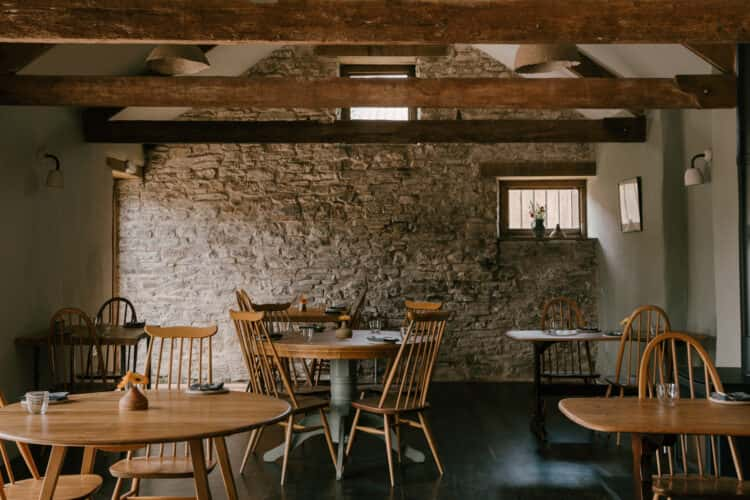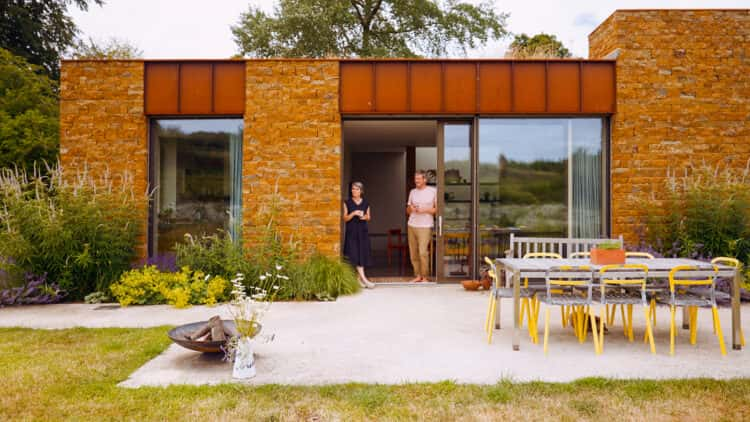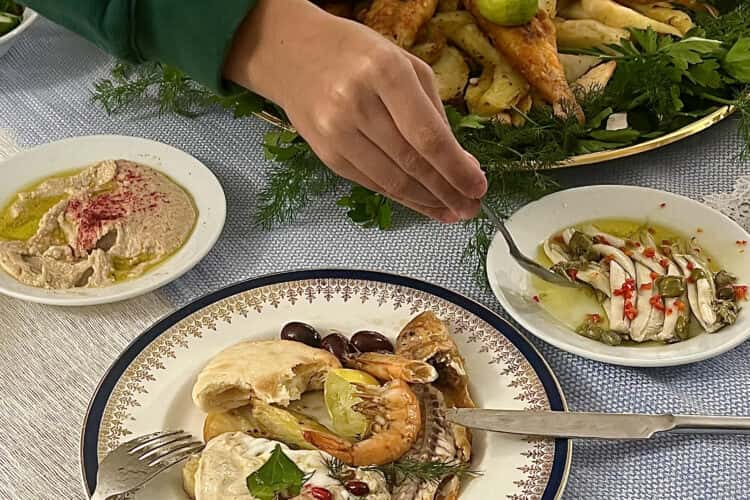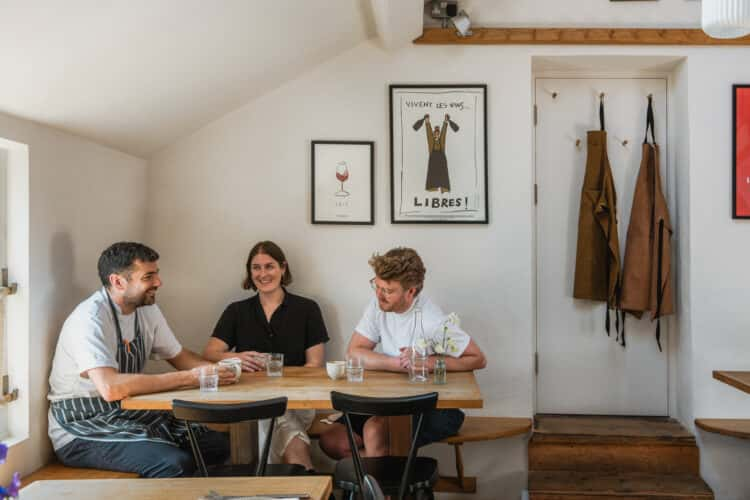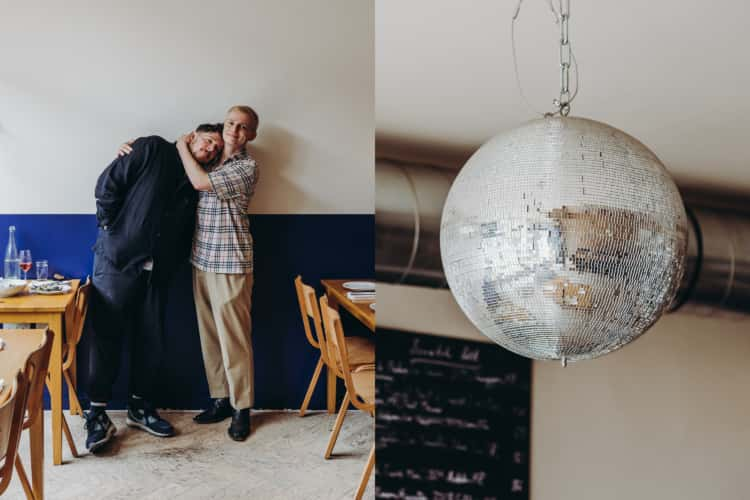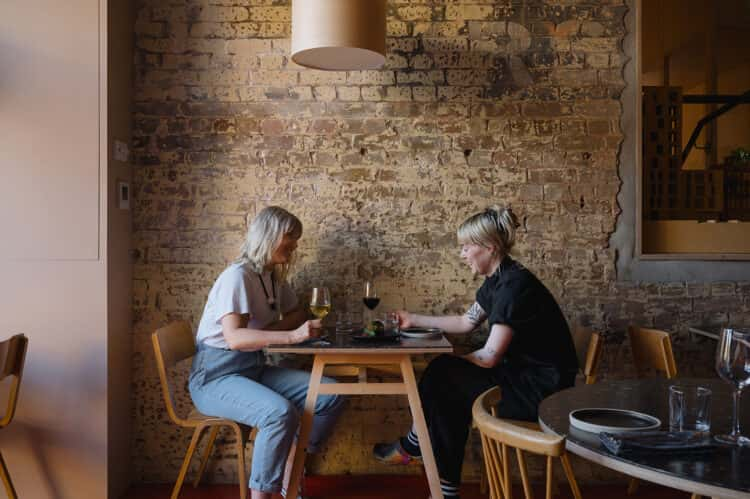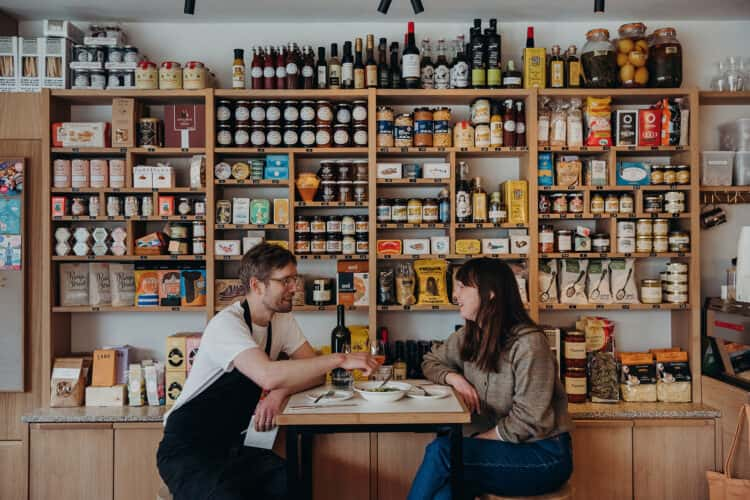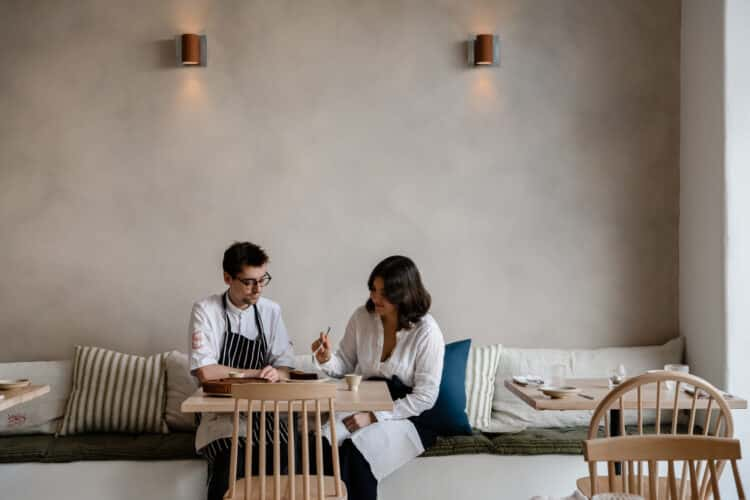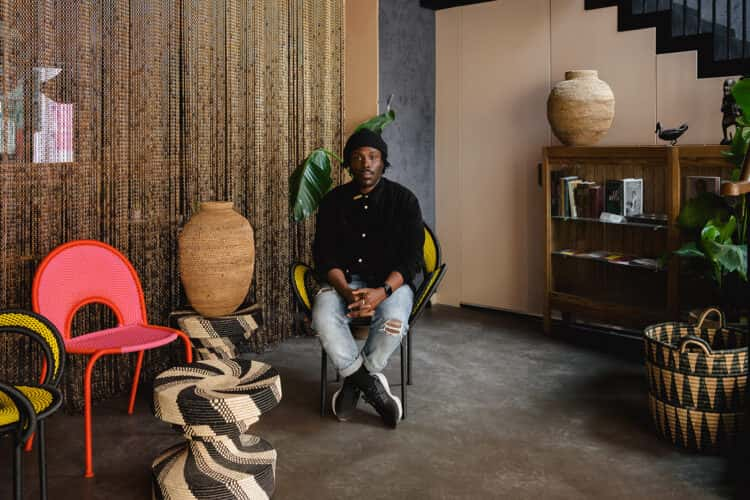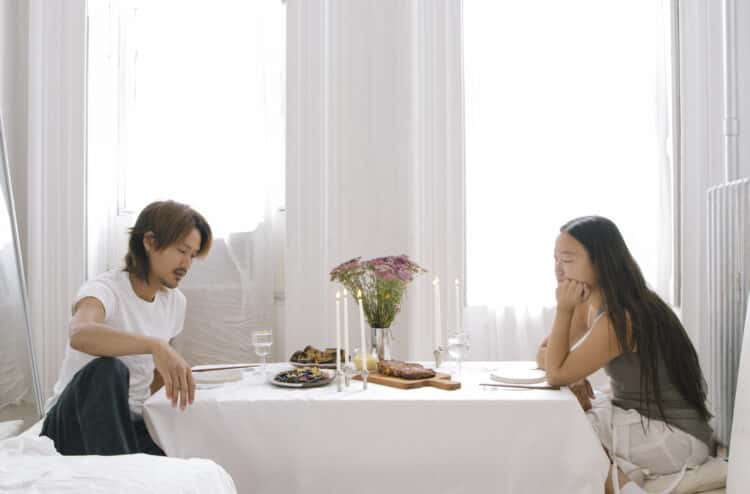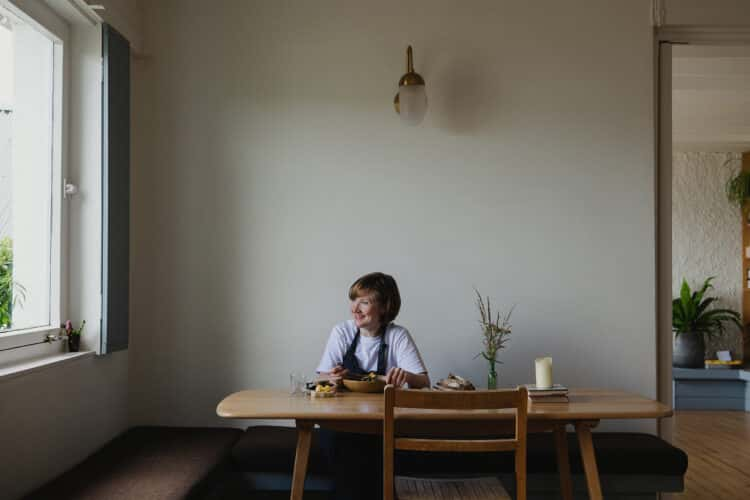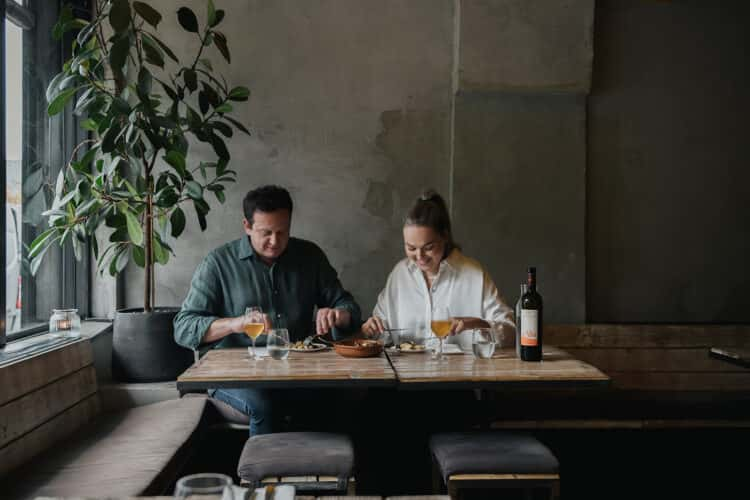Crocadon in Cornwall is a farm and restaurant with organic agriculture, good cooking and great people at its heart
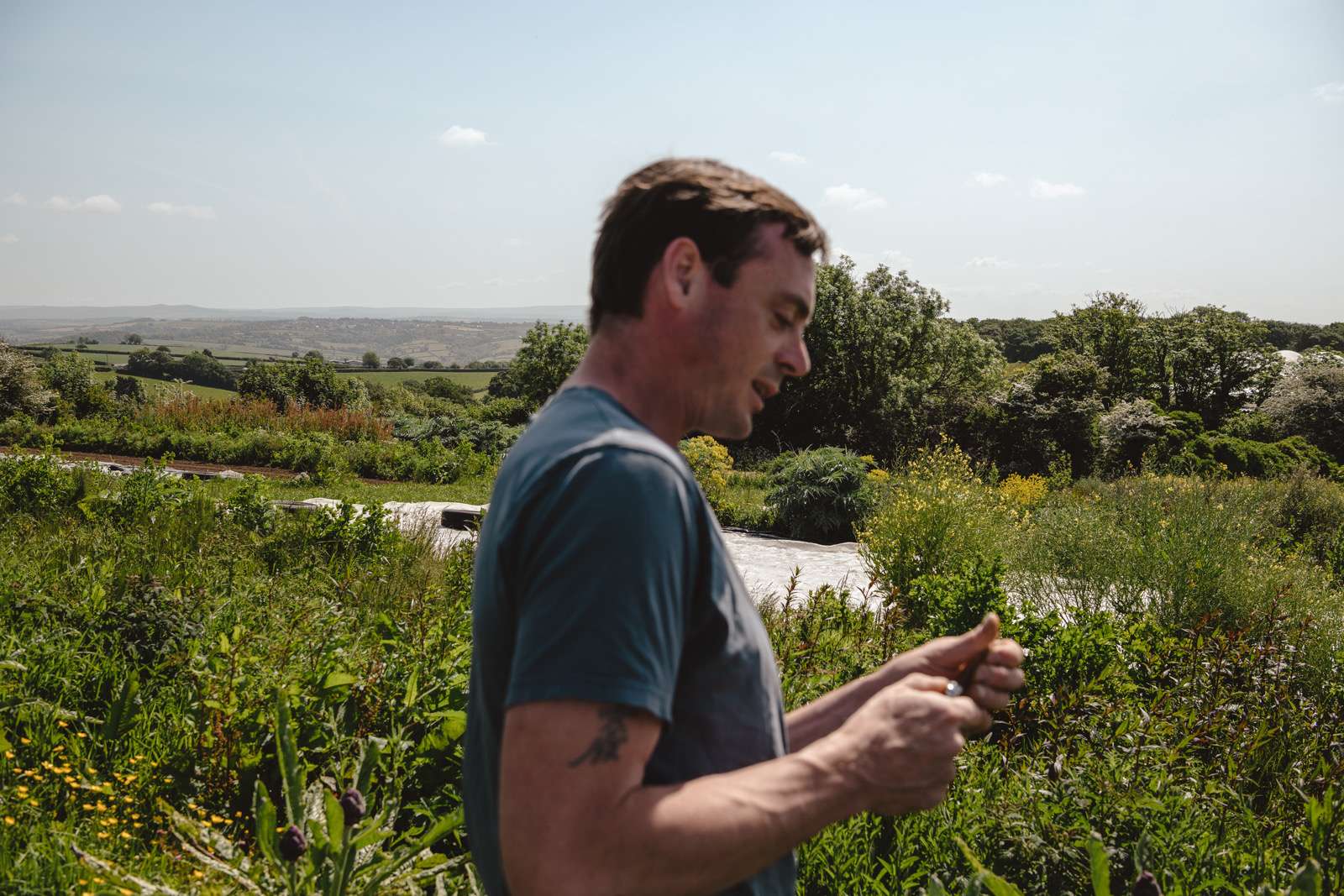
Words Charlie Monaghan
Photography Elliot Sheppard
Crocadon lies on the Cornish edge of the Tamar Valley, a rolling landscape stretching into Devon that has a long history of vegetable, fruit and flower growing, thanks to its southerly sloping fields and fertile soil. Dan first came to the Crocadon site six years ago. His move here marked somewhat of a fork in the road away from the high-level three-Michelin-star world he’d been working in for years, and towards a life of farming, sheep rearing and – because he’s something of a polymath – making ceramics in a pottery studio he built himself.
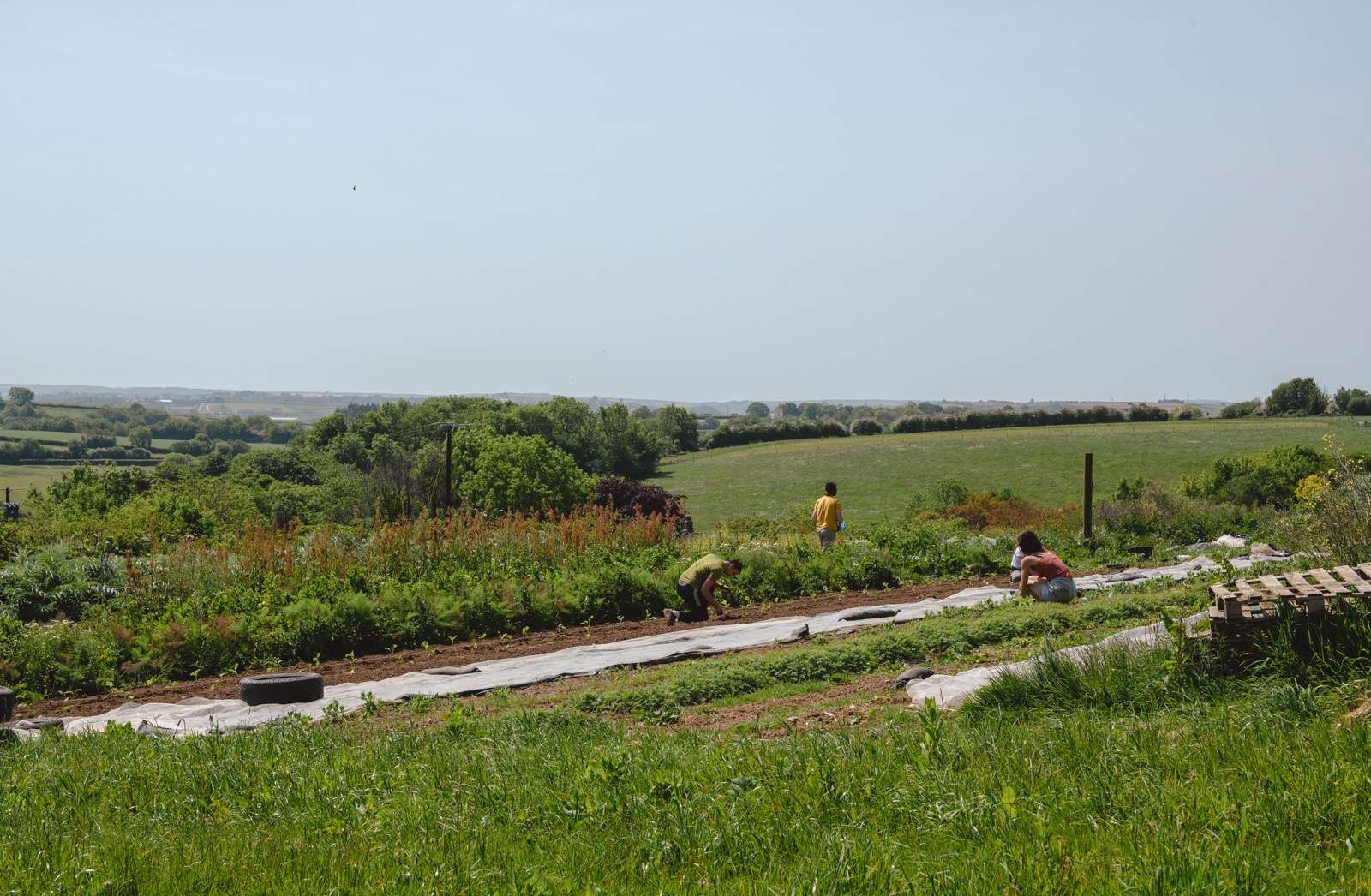
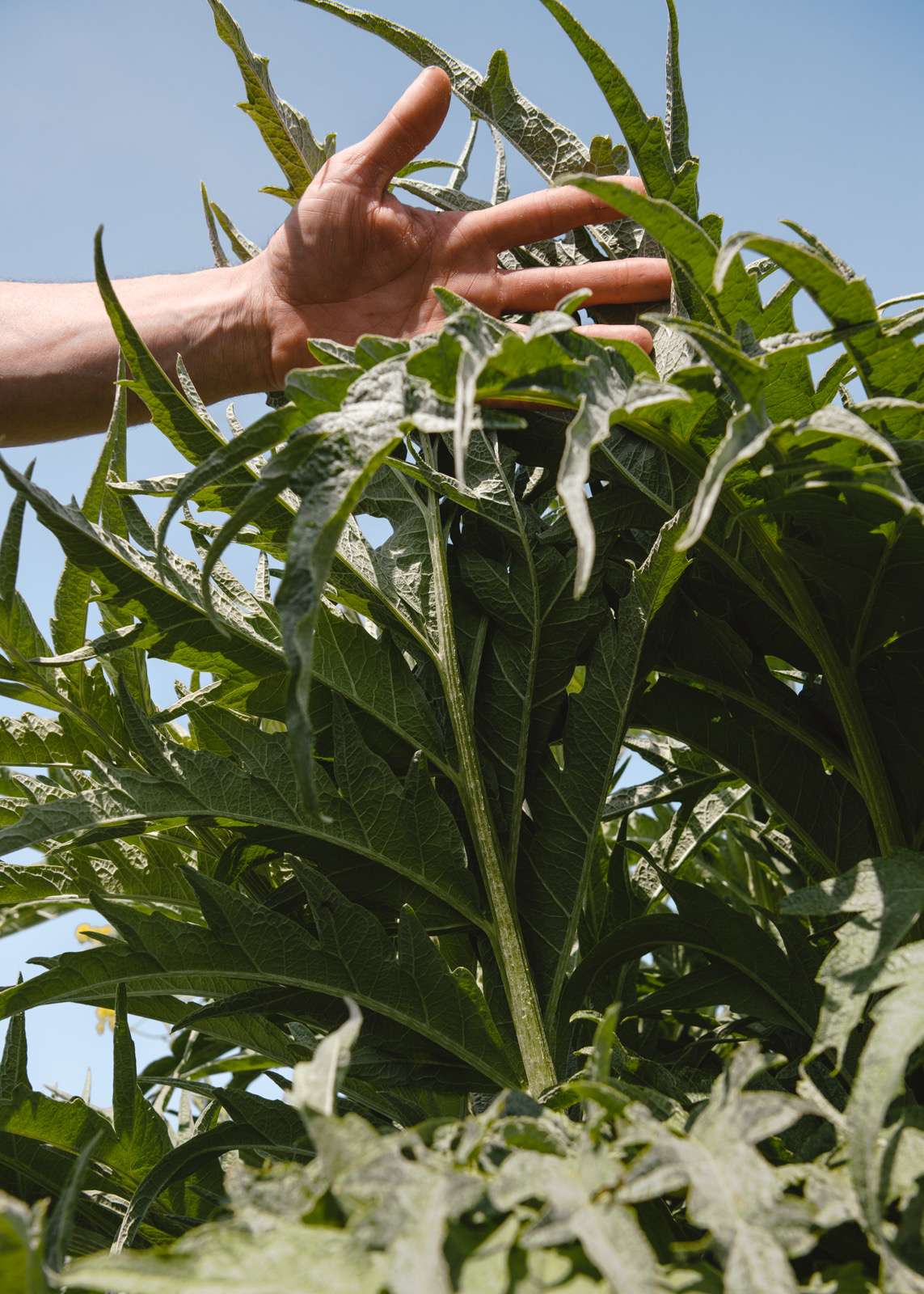
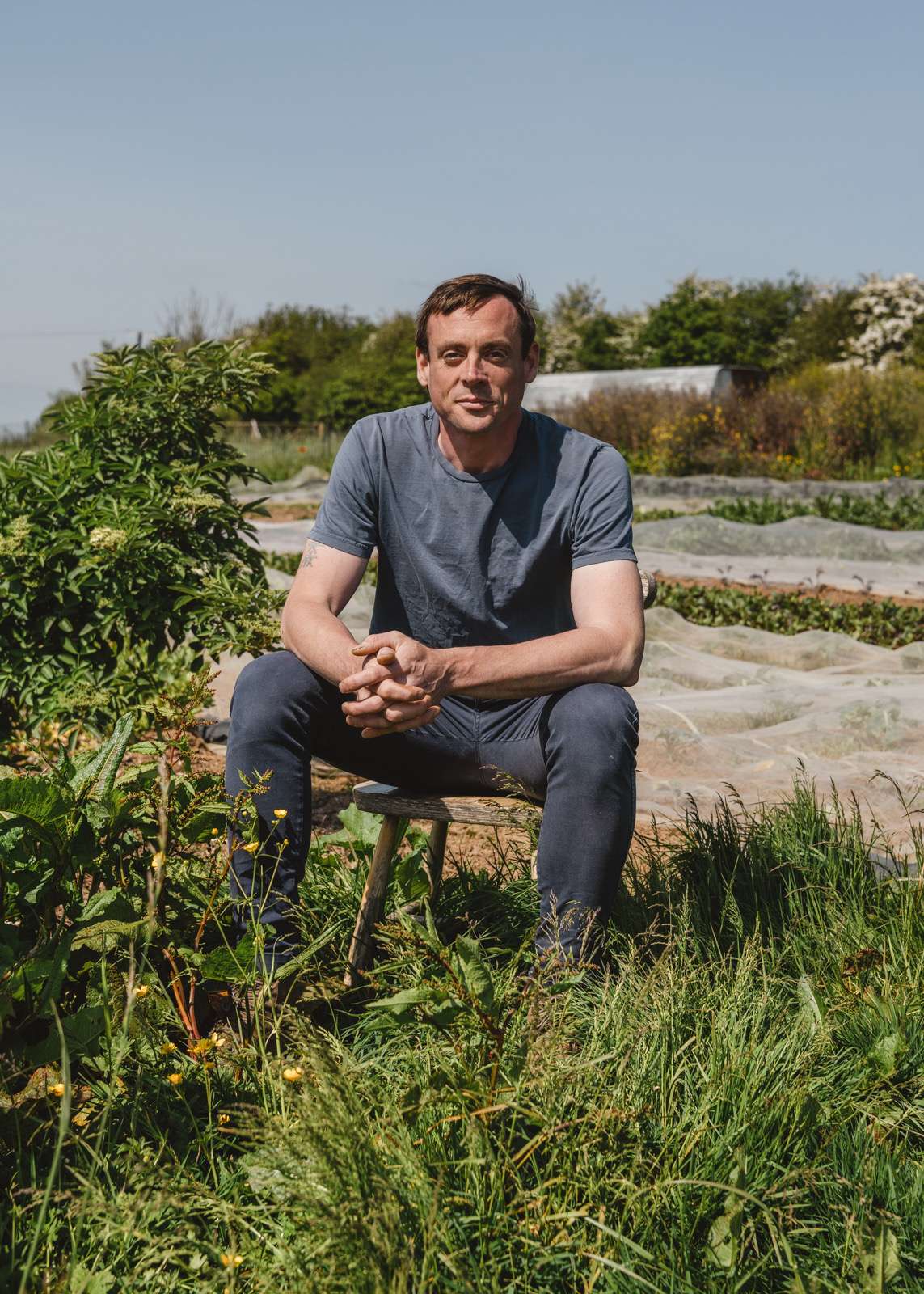
The opening of Dan’s restaurant at Crocadon this year, though, marks the culmination of years’ worth of toil. During this time fields and polytunnels have been established as productive suppliers of organic food – everything from artichokes to Sichuan peppercorns – and a dining room now takes up one of the three farm buildings that have all been restored and converted, by Dan himself, of course. “It was quite challenging to take on an entire 120-acre farm,” he concedes, although ultimately seeming unphased.
That he seems to take it all in an enjoyable stride is probably because Crocadon is something of a dream come true for Dan. As a boy growing up in Holloway, north London, in the 1980s, he recalls more memories of processed cheese and instant mash potato than he does of vegetables of any variety. But it was visits to his grandmother’s house in Wales that connected him to where food came from and how it was made. “She’d ask me what I’d want to make for dinner from her recipe books. Then together we would go to the high street and buy some fish, maybe, and vegetables and come home and cook with them.” Summer holidays at his auntie’s house in Normandy are also memorable because of the weekend markets. “From then on, I just became obsessed with produce – and how good it could be,” Dan says.
Cookery school followed, but it was when Dan won the prestigious Roux scholarship in 2008 and, with it, an opportunity to cook at a three-Michelin-star restaurant in the Catalonian mountains that the foundations of his culinary approach were truly set. “At Can Fabes, everything was heavily focused on produce – and everything was exceptional. We used to go down to the sea every couple of days and buy fish directly from the boats. It pushed my understanding of what I considered to be the best,” he recalls. Later, back in the UK, Dan worked for chef Simon Rogan at L’Enclume, in Cumbria and helped build the associated farm that provides the restaurant with produce. “Before we established the farm there, the best produce we could get was from France or Italy, which didn’t make sense,” he says.
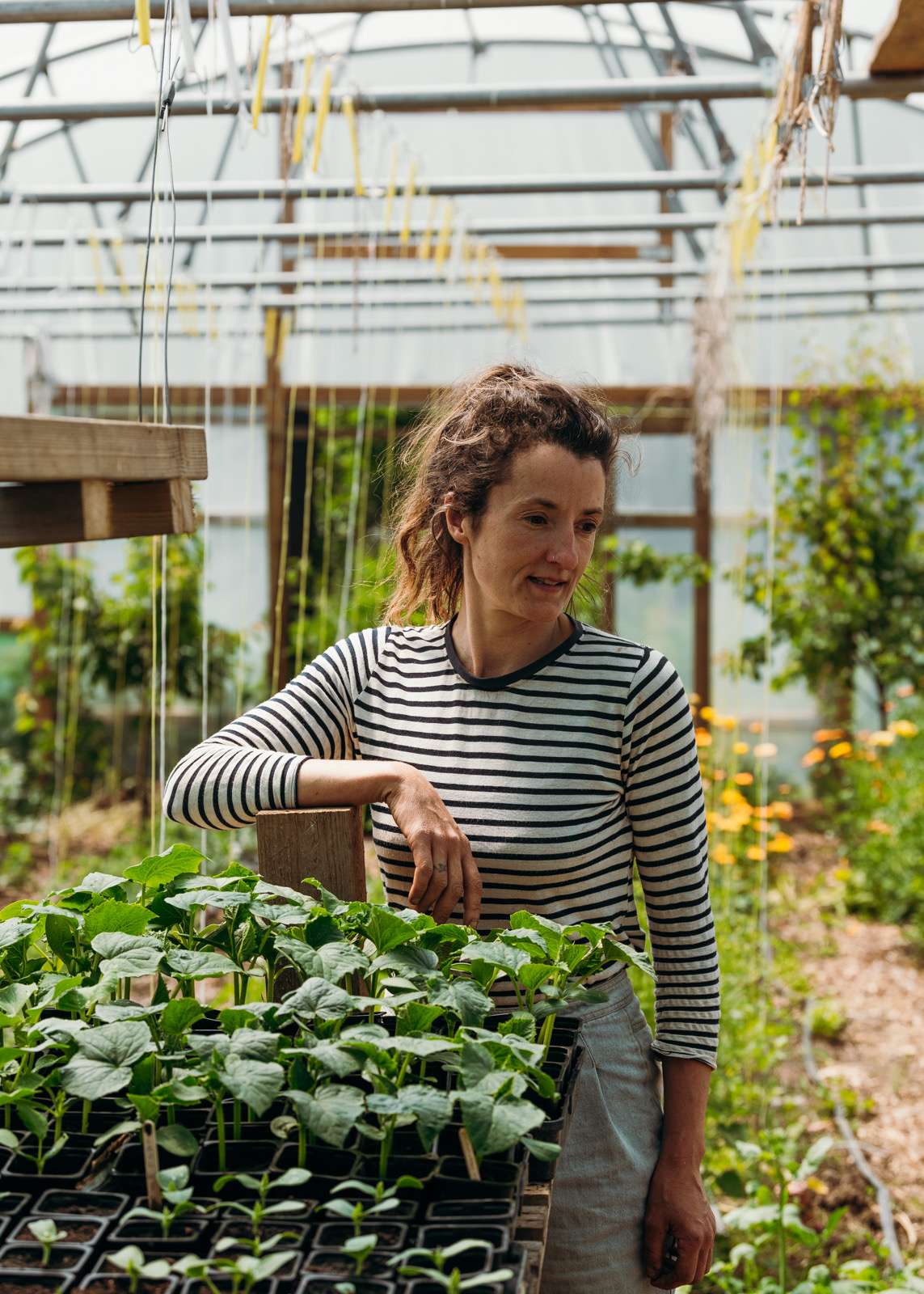
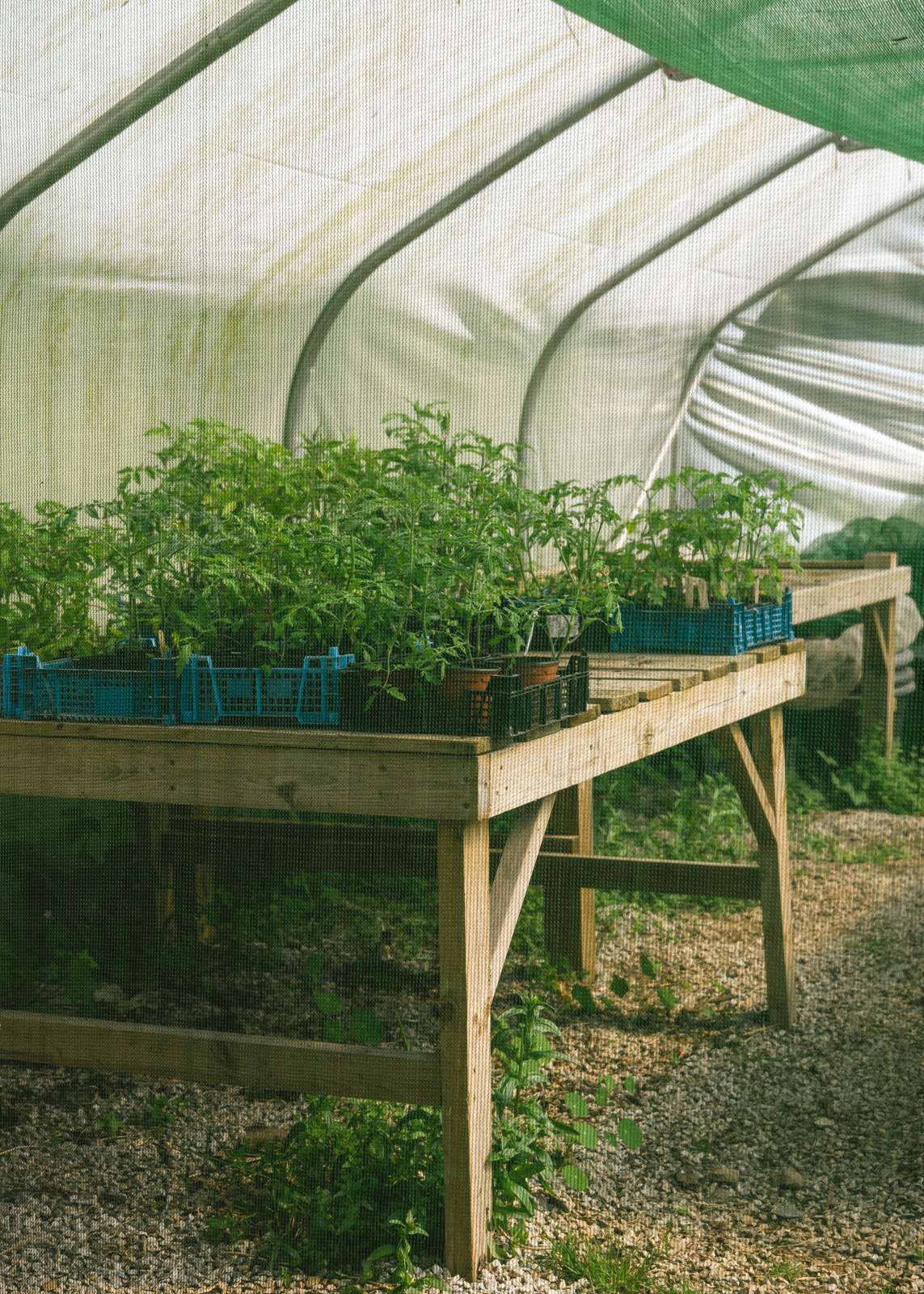
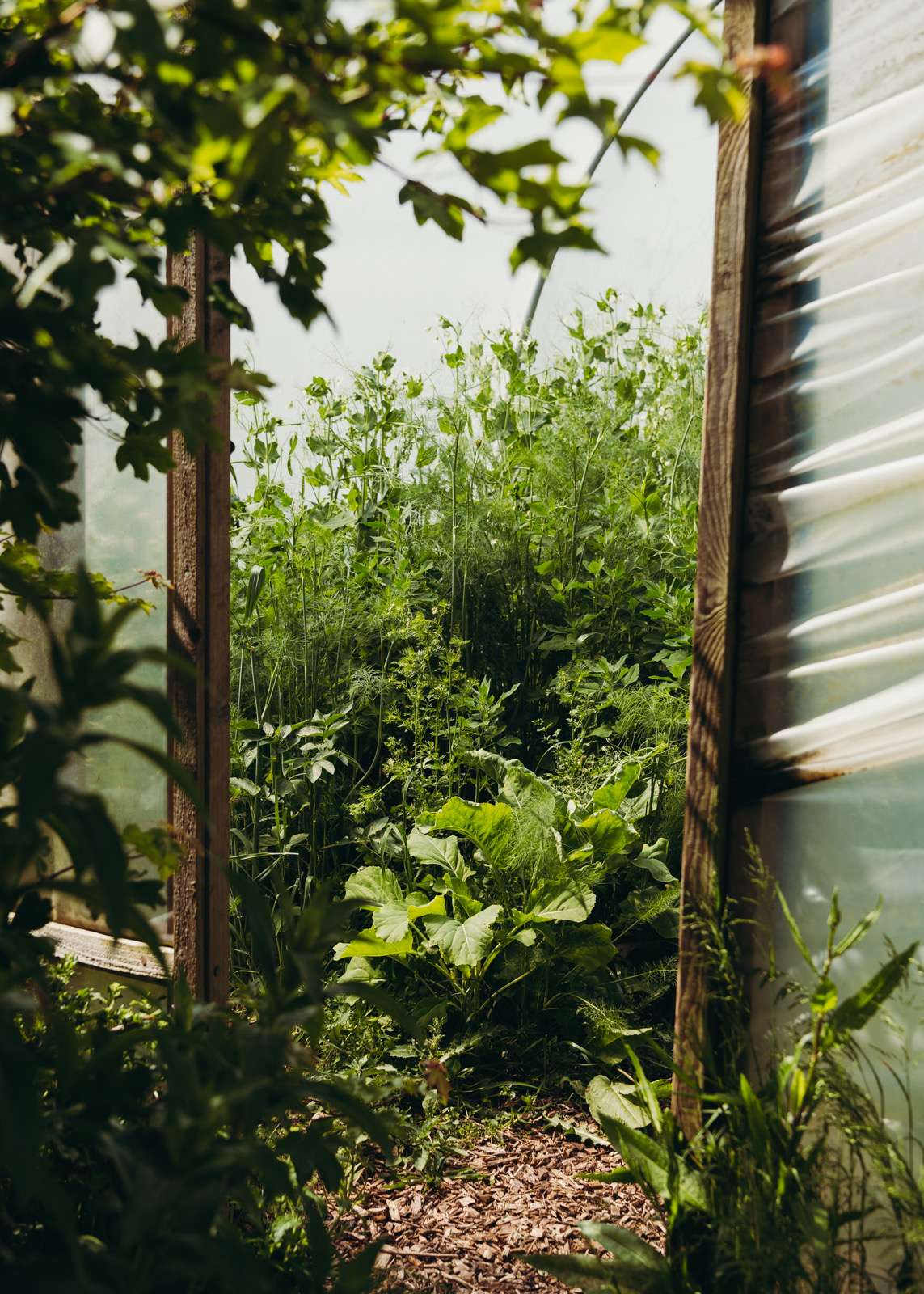
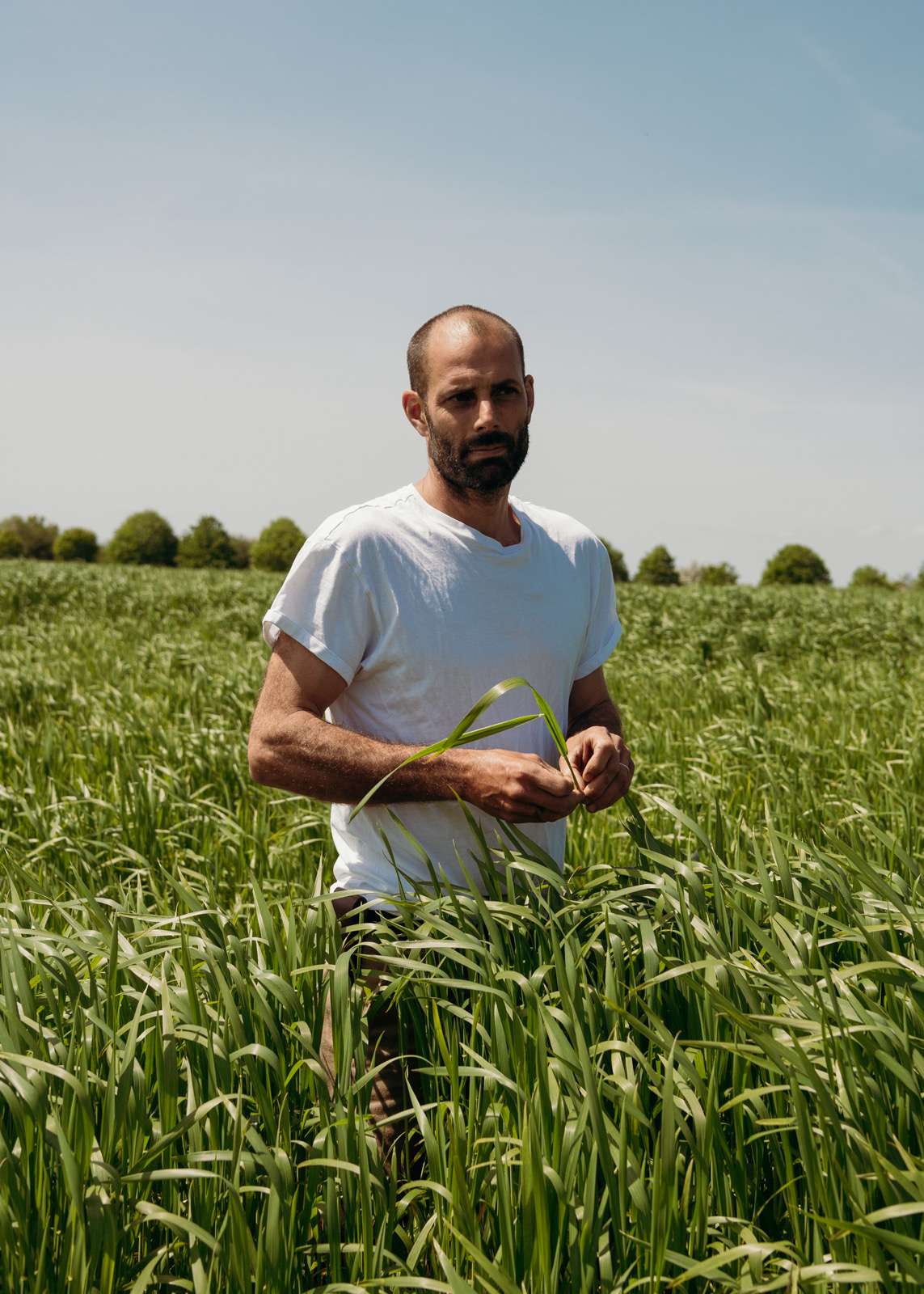
At Crocadon, this hyper-local approach has been taken to new heights, with a self-supporting community all contributing to the activity that will keep the place going. Almost everything that ends up on the menu is grown on-site under the care of Claire Hannington-Williams, who has also set up a café and weekend market, Mamm, as a way to use up anything from the farm that doesn’t go into Dan’s 13-course tasting menu.
On our visit, his menu included nettle tempura topped with green pea miso; raw mackerel, rhubarb and magnolia vinegar; pigs head terrine, sprouted spelt and sourdough broth; and raspberry and rose jelly. “The menu is entirely based on us just walking out and seeing what we’ve got, what’s coming and what we’ve already got in our fridge, stored and fermented,” explains Dan, whose approach picked up a Green Michelin Star for the restaurant in just three months. At Mamm, it’s more toasties and salads. “I’m more of a grower than a cook,” Claire says, “but I’m really into feeding people and educating people, so I see it as a combined thing. I really want to do more gardening workshops on things like composting making, and so then we can use the cafe to host people,” Claire explains.
Only a few like-minded local suppliers are hand selected for certain things, like this year’s asparagus. Dan has a flock of sheep – some of which are in fields nearby, some of which have ended up ageing in a walk-in fridge in one of the barns. The goal, Dan explains, is to create a closed-loop system, where even leftover bones from his animals are burnt down and mixed with Cornish clay to make glazes for the ceramics. Anything left over is put into the soil to add nutrients.
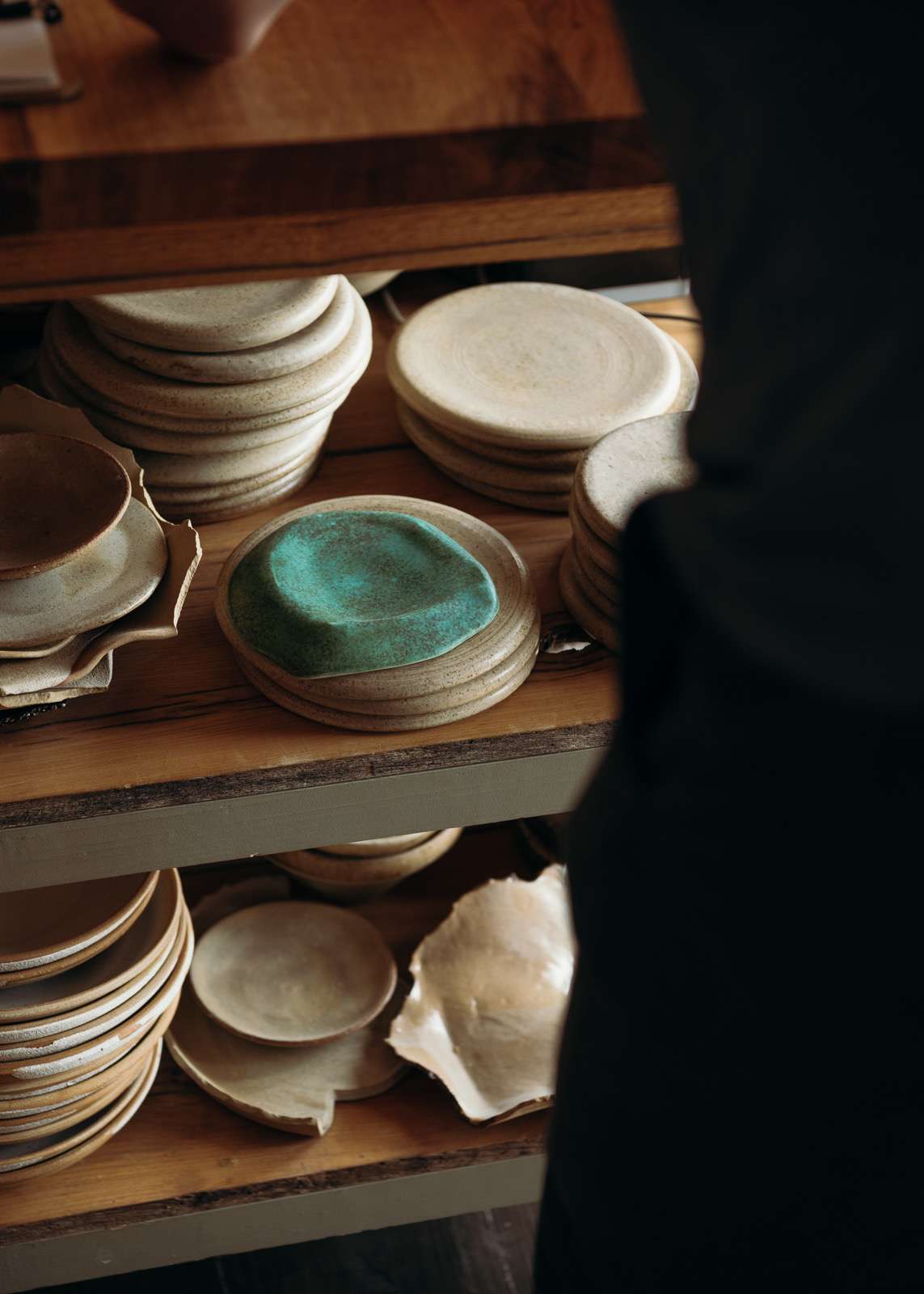
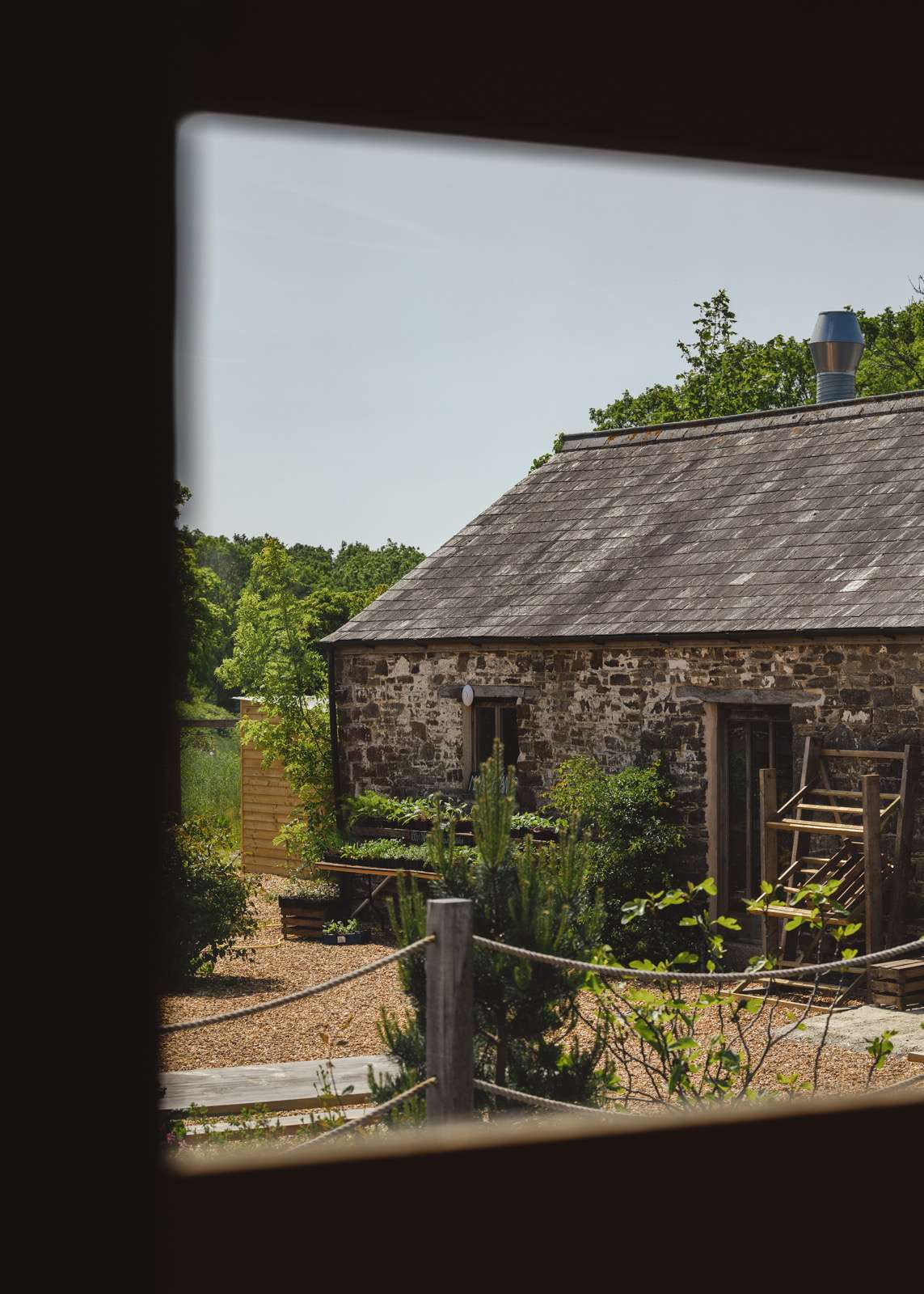
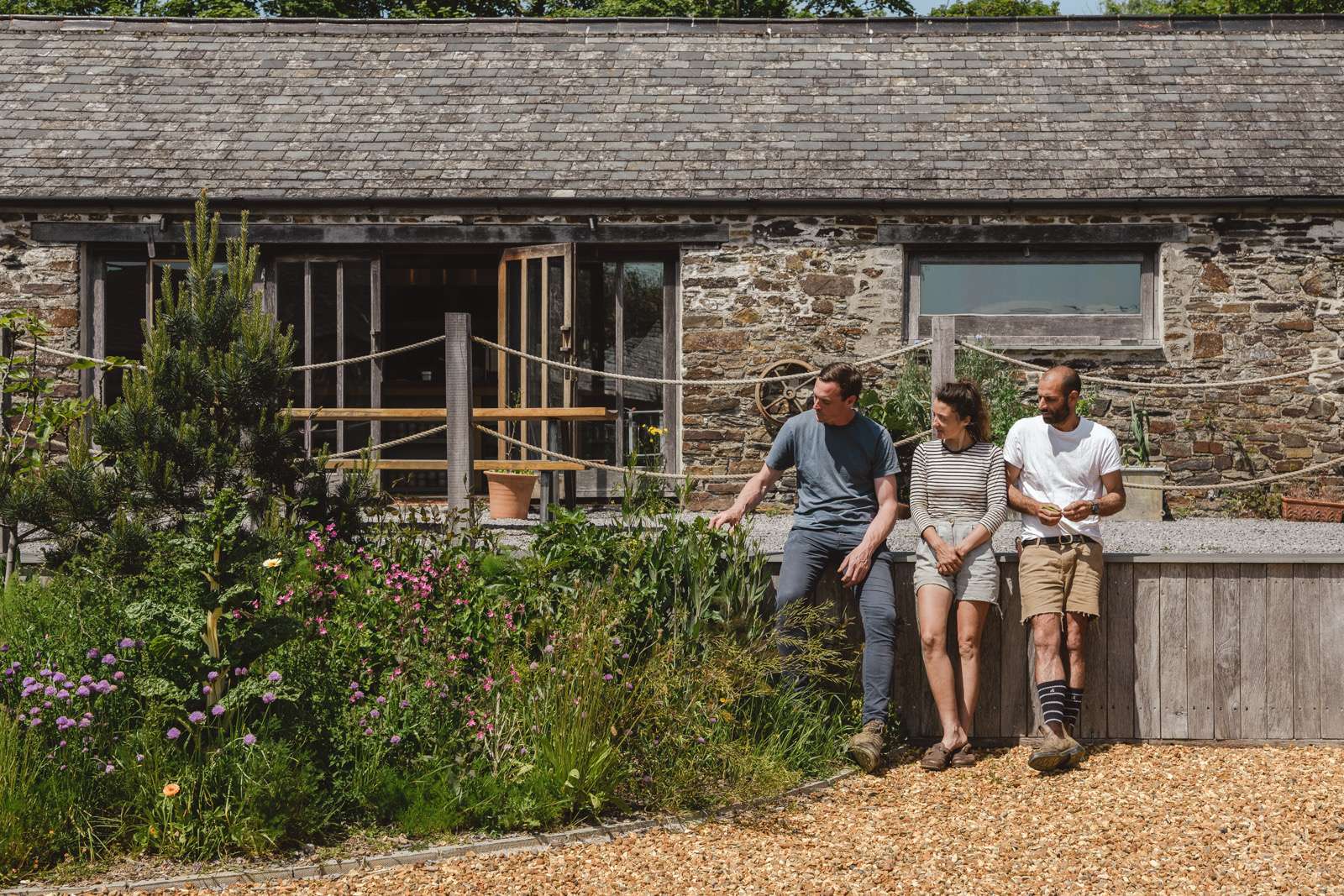
And then there is the bakery, which, because this is Crocadon, is complemented by a few acres of heritage wheat fields, looked after by Claire’s husband, Tim Williams, whom Dan got to know after buying sheep from him. Tim grew up on a farm in New Zealand and got into regenerative and organic practices as he got older – he’s been farming all his life. Here, he’s growing a mix of red Lammas, which he explains was first recorded in 1600, and also Olands, which dates back 6,000 years to the Swedish island of Oland. Currently, the bakery is making bread with a mix of Wildfarmed flour and Tim’s red Lammas, while last year’s Olands won a taste test at E5 Bakehouse in Hackney. “It’s all about the wheat’s ability to connect directly with the soil because that’s what makes it have a more complex flavour,” Tim explains.
Maybe it’s because we visit on what feels like the first properly sunny day of the year. Maybe it’s because, from the top of the farm’s fields that are replete with crops, the views over the surrounding landscape are truly spectacular. Maybe it’s because Dan, Tim and Claire and endlessly warm and generous with their time, despite there being an unending list of things to do. But probably, the reason why this place is so bewitching, so absolutely captivating, is the ideas that are at the heart of it. There are many places to eat that promise seasonality and sustainable practices, but it’s hard to imagine any of them delivering on that quite like Crocadon does.
